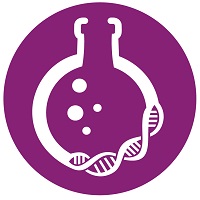Bioanalytics
In-vitro Stability Assay Translatability for Predicting Biotransformation of Evolving Biologics
Tuesday, October 22, 2024
3:45 PM - 4:00 PM MT
Location: 150 DEFG

John Tran, PhD
Senior Principal Scientist
Genentech, Inc.
South San Francisco, California
Rapid Fire Speaker(s)
Biotransformation leading to single residue modifications (e.g., deamidation, oxidation) or clipping/deconjugation (eg. ADCs, peptides, protein conjugates, fusion proteins) can contribute to decreased efficacy/potency, poor pharmacokinetics, and/or toxicity/immunogenicity for protein therapeutics. Identifying and characterizing such liabilities in vivo are emerging needs for biologics drug discovery. In vitro stress assays involving PBS for deamidation and AAPH for oxidation, are commonly used for predicting liabilities in manufacturing and storage. In vitro blood stability assays are commonly used for predicting ADC and fusion proteins stability in vivo. However, a comprehensive coverage describing the in vitro to in vivo stability translatability are limited. Herein, we discuss a comprehensive coverage of various in vitro stability assays and the predictability of various diverse biotransformation on emerging therapeutic modalities from in vivo pharmacokinetic studies.
Learning Objectives:
- The goal of the presentation and discussion will be to provide insightful learnings on assays for predicting biologics degradation after in vivo administration.
- In vitro stability assays that are translatable to in vivo stability for ADC biotransformation as well as deamidation.
- Understanding the limitations associated with in vitro stability assays for predicting protein oxidation and clipping.


